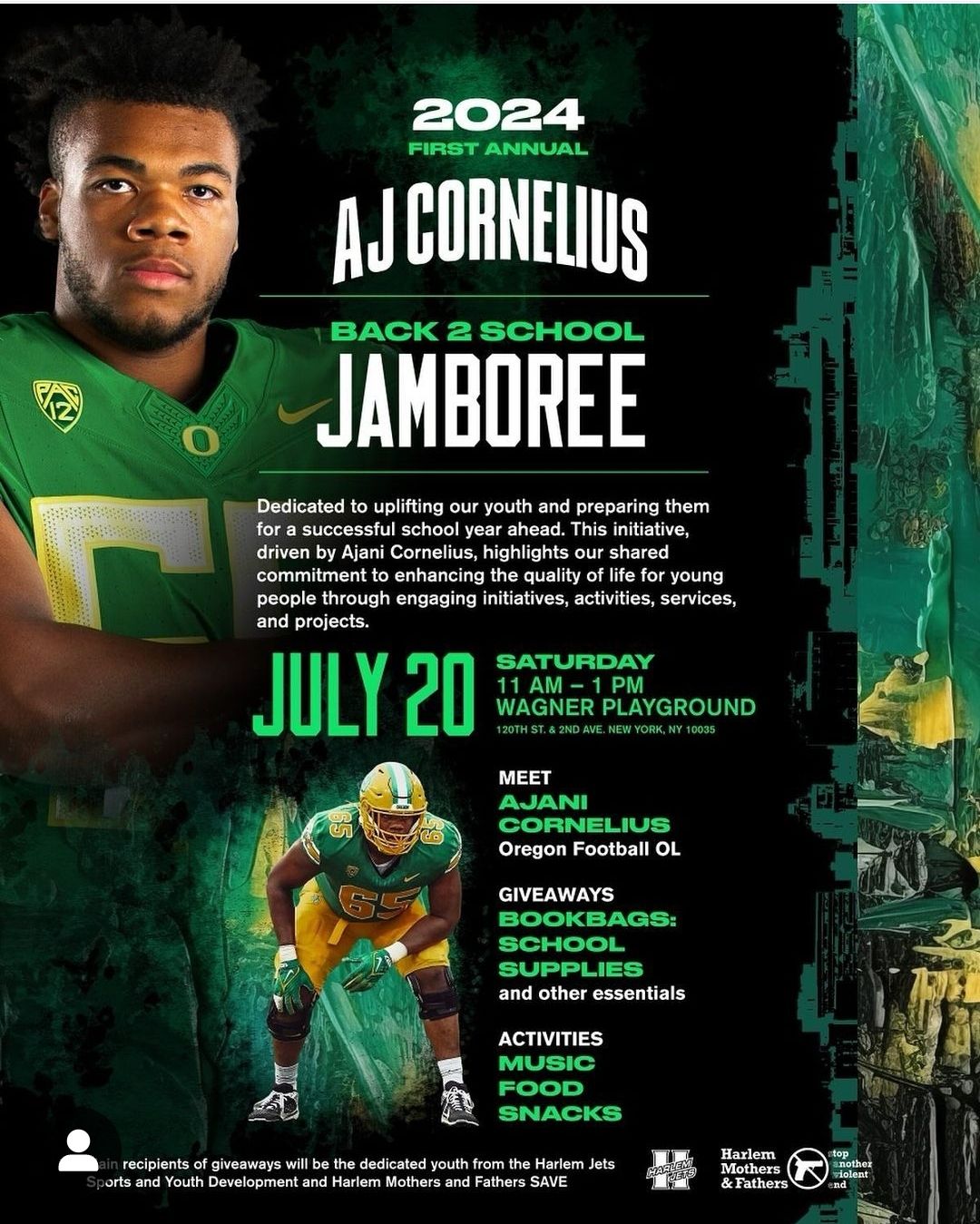In adult behavior, there exists a phenomenon known as attention-seeking behavior, where individuals consciously or unconsciously vie for the spotlight, often in pursuit of validation or admiration from their peers. This intriguing behavior manifests in various forms, but at its core, it’s all about the yearning for attention and recognition.
Consider scenarios where someone strategically drops hints about their accomplishments, subtly angling for compliments and validation. Or you’ve encountered individuals who thrive on stirring controversy, aiming to provoke a reaction from those around them. Others might embroider their stories, amplifying details to elicit praise or sympathy. And let’s remember those who feign incompetence, hoping someone will aid or watch them in action.
But what motivates people to engage in attention-seeking behavior? The answers lie in a tapestry of emotions and psychological factors.
Jealousy, for instance, can drive individuals to crave the spotlight when they perceive others stealing their limelight. It’s a classic case of attention-seeking as a countermeasure for shifting focus back to oneself.
Self-esteem plays another pivotal role. When people feel overlooked or undervalued, attention-seeking becomes a means to reclaim a sense of importance. The attention garnered from their actions offers a reassuring sense of worthiness.
Loneliness can also serve as a powerful catalyst for attention-seeking. Those who don’t typically exhibit such behavior might succumb to its allure when grappling with isolation. Loneliness can fuel the urge to seek attention to combat feelings of solitude.
But there’s a deeper layer to this phenomenon – personality disorders. Conditions like histrionic, borderline, and narcissistic personality disorders can significantly influence attention-seeking behavior. For instance, individuals with histrionic personality disorder often feel unappreciated if they’re not the center of attention. Similarly, borderline personality disorder may drive impulsive actions to gain attention. In contrast, narcissistic personality disorder is characterized by an insatiable need for admiration, often accompanied by a lack of empathy for others.
The number of adults who remain undiagnosed with histrionic, borderline, and narcissistic personality disorders is challenging to determine precisely due to factors such as underdiagnosis, stigma surrounding mental health, misdiagnosis or co-occurrence with other conditions, limited access to mental healthcare, individual variations in symptom severity and functionality, and cultural or societal influences on help-seeking behavior.
The complexity and variability of these disorders make it difficult to provide a specific estimate of the proportion of adults who may go undiagnosed. However, it is crucial to underscore the importance of seeking professional assessment and help if an individual or their loved ones suspect the presence of a personality disorder or any mental health issue, as early diagnosis and appropriate treatment can significantly improve one’s quality of life and well-being.
Relationships with individuals who have histrionic, borderline, or narcissistic personality disorders can be fraught with challenges. These disorders often bring about emotional instability, manipulative behavior, and a constant need for attention and validation. Partners may be on an emotional rollercoaster, struggling to maintain boundaries and cope with unpredictable mood swings, leading to emotional exhaustion and insecurity. It’s crucial for those in such relationships to prioritize self-care, seek professional guidance when necessary, and establish clear boundaries to navigate these complex dynamics and pitfalls effectively.
Unfortunately, relationships with individuals with these personality disorders can be emotionally taxing due to their intense emotions, manipulative tendencies, and difficulty with boundaries. Partners should recognize these challenges, prioritize their well-being, and seek support to maintain healthy and sustainable relationships.
In essence, attention-seeking behavior is a complex interplay of personal insecurities, emotions, and, in some cases, underlying psychological disorders. Understanding these motivations can provide valuable insights into why some individuals seek to be in the spotlight.










